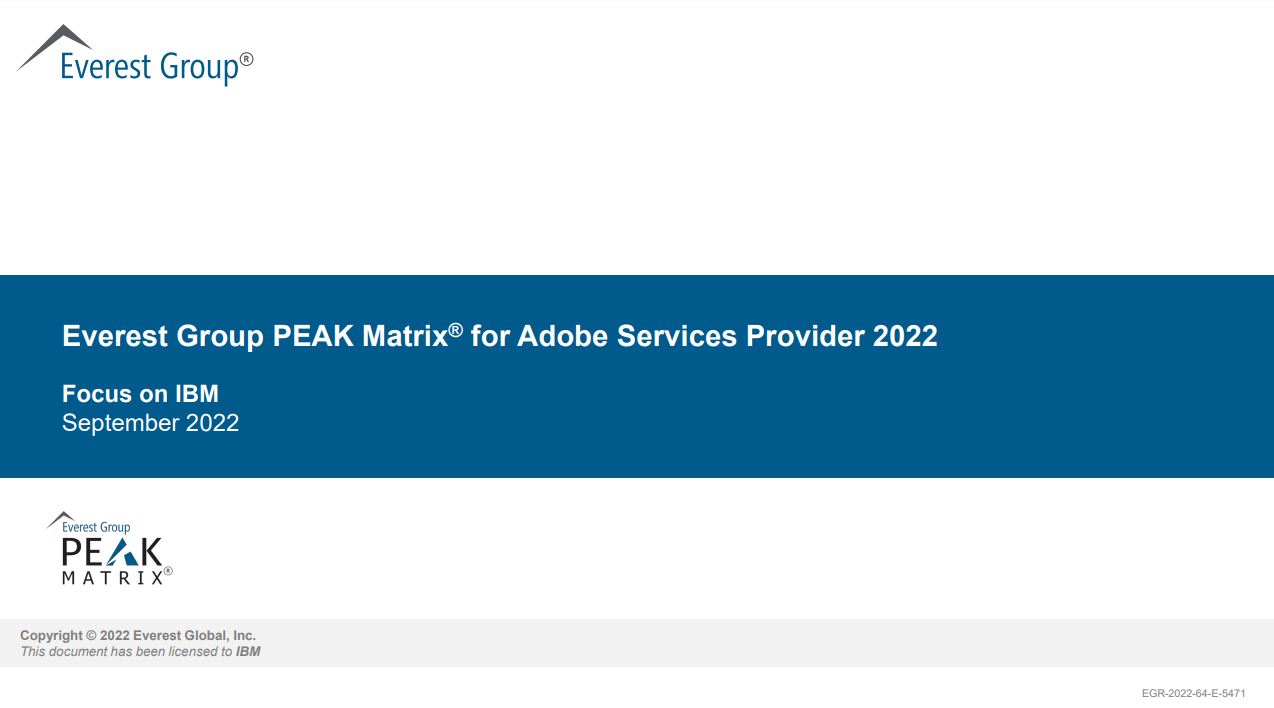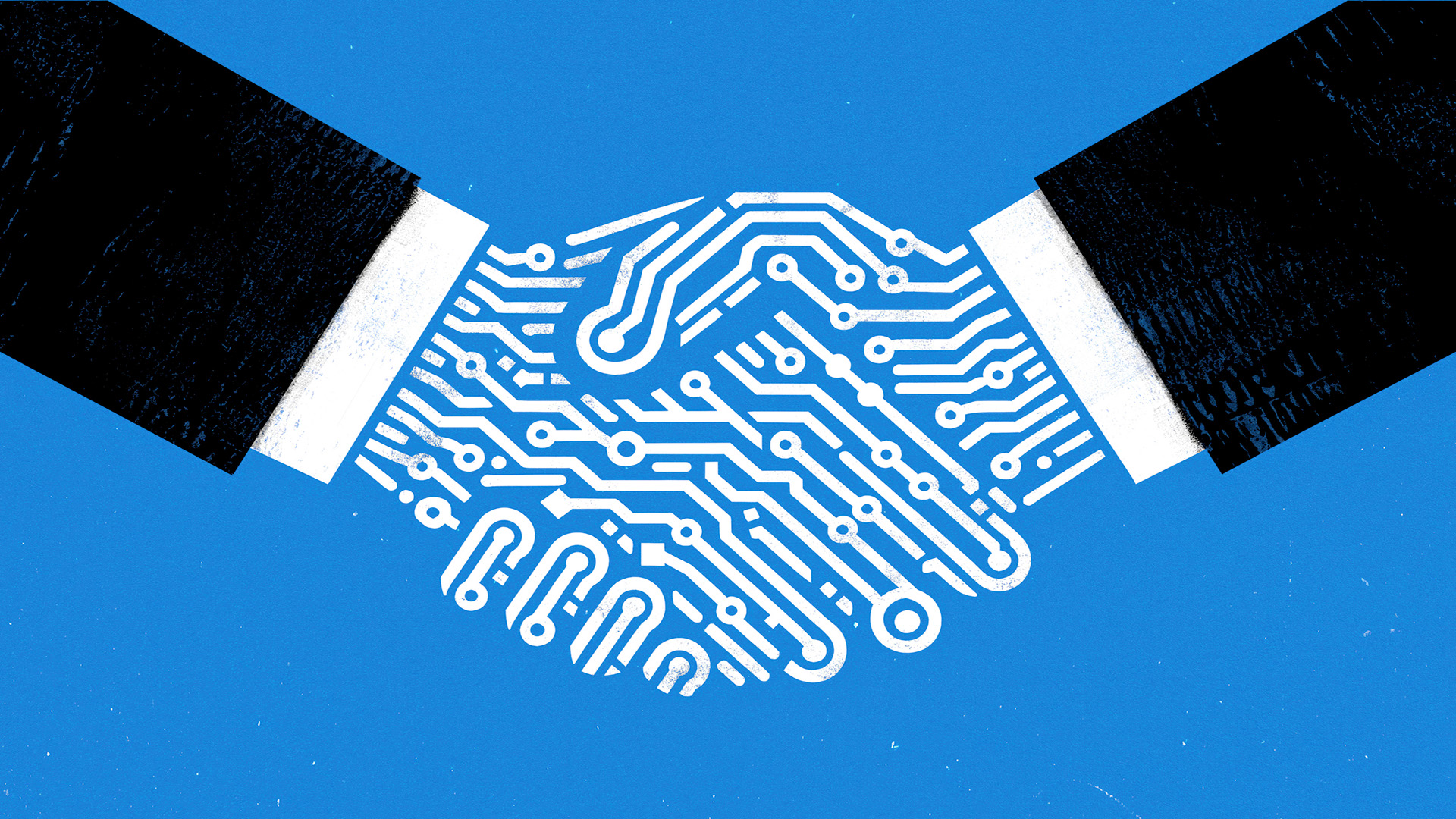Understanding the customer journey is key to building stronger client relationships
Understanding the complexities of the modern customer journey will be key to fostering robust, long-term relationships with clients


Building and maintaining successful channel relationships is a crucial facet of this industry. This relies heavily on listening to the needs and business priorities of the partners and their customers, to ensure vendors are offering the right solutions.
Vendors have quickly embraced changing technology to accommodate consumer demands and showcase their value-add beyond providing a product or solution.
Now, vendors' tactics are being further shaped by external factors like the cost-of-living crisis, Brexit, market headwinds, and the evolving future of work.

Tony is RingCentral’s regional vice president for channel sales in UKI and France. It’s a position that sees him manage a wide array of sales support resources, all aimed at helping partners optimize their prospect and customer engagement activities.
Having spent over 20+ years in Channel, Tony’s primary goal is to help partners extend their offerings and accelerate performance with close RingCentral support. Prior to his role at RingCentral, Tony led an array of roles in the Unified Communications space at Tech Data and Avnet Technology Solutions.
Channel partners are depended on now more than ever, as vendors look to balance new demands and the wider landscape whilst ensuring their model remains profitable.
To stay competitive, vendors must look at evolving areas where they can add greater value to their partners and set them apart from other competitors in the industry.
Driving sustainability strategies forward
As customers become more aware of the importance of sustainability from a corporate perspective, they will increasingly evaluate what internal and external factors contribute to building a sustainable practice, and at what cost.
Indeed, businesses are increasingly being scored on their integration of corporate social responsibility.
Stay up to date with the latest Channel industry news and analysis with our twice-weekly newsletter
As a result, many customers are re-evaluating their expenditures and investing in SaaS technology to reduce or eliminate on-premises hardware and thereby lower their environmental impact.
Channel partners who can help their customers on this sustainability journey will be most successful. Customers will look for partners who can provide expertise and solutions that align with their sustainability goals.
By providing support and guidance on reducing environmental impact and embracing sustainable practices, channel partners can not only build long-lasting relationships, but support driving their sustainability strategy forward.
Building strong relationships
Relationships have always been the backbone of the channel ecosystem, as ultimately, people buy from people. The COVID-19 pandemic had a significant impact on how channel partners maintained existing relationships and built new ones in a virtual-first world.
Here digital communication technologies were utilized to facilitate this, and many have continued to rely on only these solutions to maintain relationships.
However, while remote work has supported business continuity, face-to-face interaction remains critical, particularly as customers drive the need for increased physical interaction.
For channel partners, successfully balancing building relationships in both the physical and virtual worlds will be critical to success.
Understanding the customer journey
Every sales cycle is different and we see very different engagement requirements depending on segment size. Smaller deals will generally require just one touchpoint or point of contact, while larger deals involve multiple stakeholders.
RELATED RESOURCE

Everest Group PEAK Matrix® for Adobe services providers 2022
Understanding and assessing Adobe service providers based on their vision & capabilities
With new job titles emerging, such as digital transformation officers, customers are increasingly interacting with multiple layers of the business to get the right products for their needs.
Channel partners need to deepen their understanding of the customer, particularly for larger deals, to ensure they provide tailored solutions to meet the needs of each stakeholder.
By mapping out the customer journey and identifying who is involved in each touchpoint, channel partners can tailor their messaging and ensure that all stakeholders receive consistent information. This will help channel partners build stronger relationships with customers and create durable channel partnerships.
Channel partners should look to prioritize building strong relationships with a mix of virtual and in-person communication, supporting customers' growing emphasis on sustainability, and deepening their understanding of the customers to position themselves for success.
As both vendors and channel partners pivoted to overcome the strain on relationships that the pandemic caused, it is integral for the future of the channel that businesses maintain a clear path of communication to overcome current macroeconomic circumstances that affect businesses today.

Tony is RingCentral’s regional vice president for channel sales in UKI and France. It’s a position that sees him manage a wide array of sales support resources, all aimed at helping partners optimize their prospect and customer engagement activities.
Having spent over 20+ years in Channel, Tony’s primary goal is to help partners extend their offerings and accelerate performance with close RingCentral support. Prior to his role at RingCentral, Tony led an array of roles in the Unified Communications space at Tech Data and Avnet Technology Solutions.
-
 What is Microsoft Maia?
What is Microsoft Maia?Explainer Microsoft's in-house chip is planned to a core aspect of Microsoft Copilot and future Azure AI offerings
-
 If Satya Nadella wants us to take AI seriously, let’s forget about mass adoption and start with a return on investment for those already using it
If Satya Nadella wants us to take AI seriously, let’s forget about mass adoption and start with a return on investment for those already using itOpinion If Satya Nadella wants us to take AI seriously, let's start with ROI for businesses
-
 Beyond the handshake: Building a purpose-built partner economy that solves customer problems
Beyond the handshake: Building a purpose-built partner economy that solves customer problemsIndustry Insights Quality over quantity will set partners up for sustained success…
-
 TP-Link promotes Kieran Vineer to distribution channel director for UK&I
TP-Link promotes Kieran Vineer to distribution channel director for UK&INews The company veteran will now oversee distribution activity for TP-Link’s networking and surveillance channels across the region
-
 Why trust not tech will decide the channel’s future
Why trust not tech will decide the channel’s futureIndustry Insights When technology looks the same, the real differentiation comes from honesty and long-term relationships
-
 How the partnership model can transform the channel
How the partnership model can transform the channelIndustry Insights Collaboration and a shared understanding and commitment to solving problems is key...
-
 How SMBs can DIY their IT implementation and support
How SMBs can DIY their IT implementation and supportFeature For some small and medium-sized businesses, the third-party expertise and support might be out of reach. What’s the alternative?
-
 What the fragmentation of UC means for the channel
What the fragmentation of UC means for the channelIndustry Insights If communications are becoming fragmented, what does that mean for MSPs and VARs?
-
 How the UK public sector could benefit from strategic channel partnerships
How the UK public sector could benefit from strategic channel partnershipsIndustry Insights Is the channel the answer to the growing cost vs budget problem facing the public sector?
-
 Keeper Security expands federal bench with latest senior hires
Keeper Security expands federal bench with latest senior hiresNews The security vendor has bolstered its federal team to support zero-trust access, operational execution, and government modernization efforts